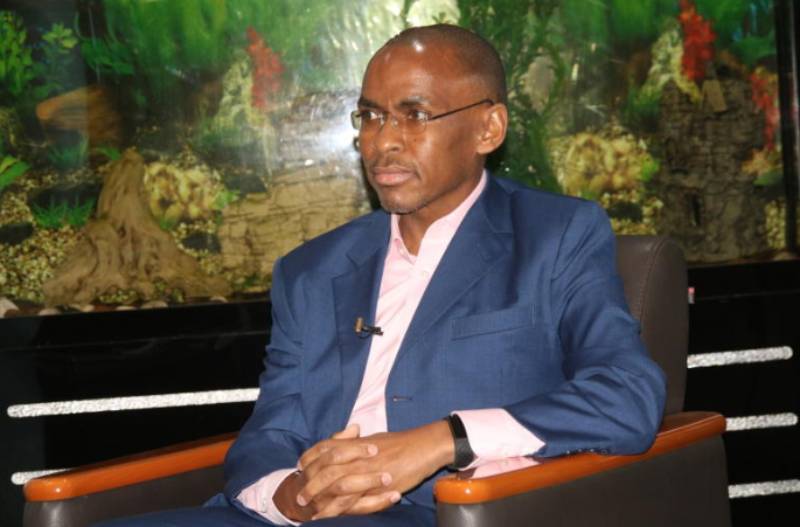×
The Standard e-Paper
Stay Informed, Even Offline

The new Safaricom Chief Executive Officer Peter Ndegwa has a plan to support small businesses bounce back to life from the effects of the Covid-19 pandemic.
On Friday, Mr. Ndegwa said he would like to work with banks and like-minded institutions to speed up recovery of the businesses.